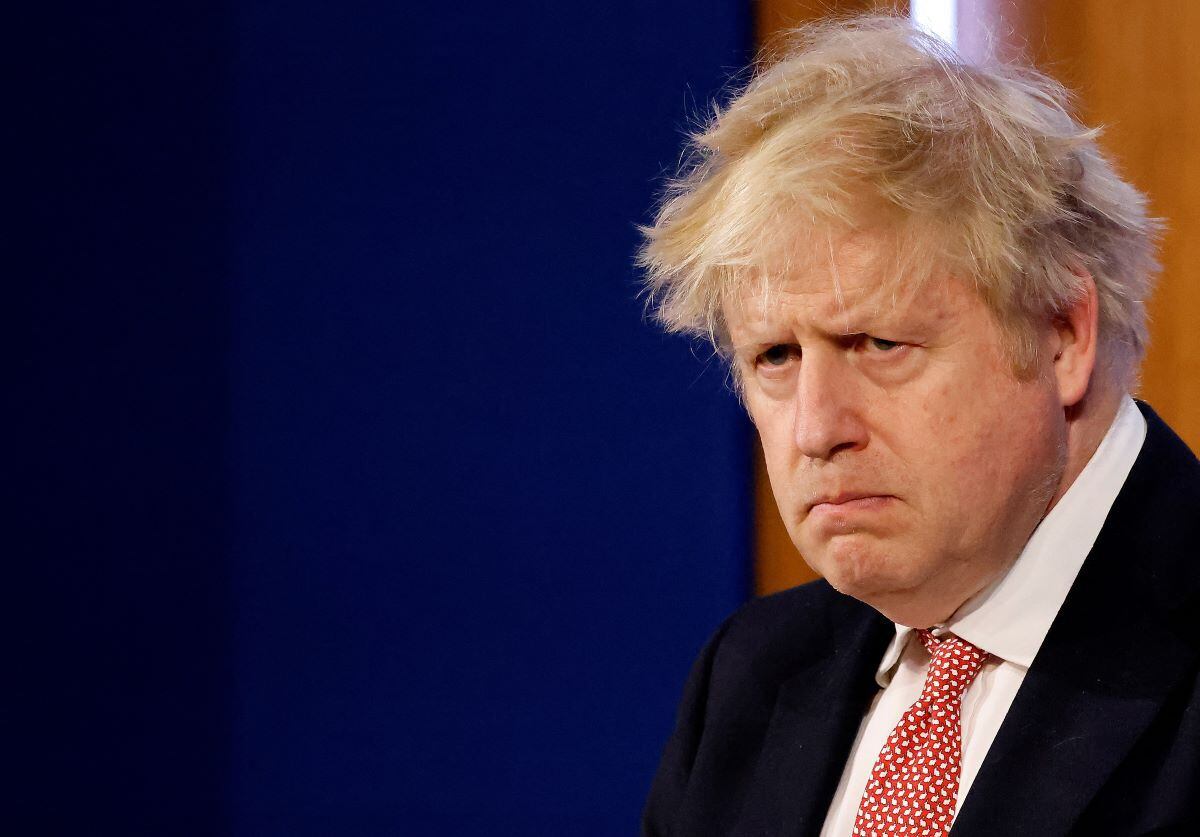
British Prime Minister Boris Johnson, who has harshly condemned the Russian invasion of Ukraine, has been criticized for his passivity over the flow of dubious Russian money that has entered London in recent years and could be used to influence politics.
The conservative leader promised a “strong” response to Moscow and has shown firmness since the beginning of the Russo-Ukrainian crisis, which led on Thursday to an offensive ordered by Russian President Vladimir Putin.
But at the same time it has been criticized for not dealing with dubious Russian money that infiltrates UK financial or property markets, or is used to influence politics.
Russian billionaires have vast assets and property in London’s upmarket areas, sometimes nicknamed “Londongrad”, and both NGOs and British officials have sounded the alarm.
Some, like Roman Abramovich, own a Premier League football club, and their children attend elite schools.
On Wednesday, while announcing the increase in British military aid to Kiev and the preparation of new economic sanctions against Moscow, Johnson signaled a new delay in the long-awaited bill on economic crimes, which would increase transparency about the assets of millionaires. Russians.
“We must stop corrupt Russian money from flowing into London and any other financial capital,” he told parliament, insisting that New York, Paris and other financial centers should join the sanctions effort. “No country is doing more to tackle this problem than the UK,” he said.
However, London was less harsh than the European Union (EU) in imposing a first salvo of sanctions on Russian interests on Tuesday.
Five banks and three tycoons were sanctioned while the Europeans sanctioned 23 personalities, including the Defense Minister, several banks and 351 deputies.
tennis or dinner
According to various studies, the “Londongrad” phenomenon is made possible by the rich service industry, which includes large banks, accounting firms, lawyers, estate agents and PR consultants.
And Boris Johnson’s Conservative Party has benefited from the input of wealthy donors, including some from Russia.
“It could be that all these people want is to play tennis with Boris or have dinner with him,” says Thomas Mayne, an expert on corruption in Russia and Central Asia at the think tank Chatham House. “But the question is where are his true loyalties and where is his money coming from,” he said.
London last week ended “golden visas” for wealthy investors for security reasons.
Relations between London and Moscow are at their lowest point in several years, at the time of the poisoning of former Russian spies on British soil.
Benefiting from this policy, a former member of Putin’s government, Vladimir Chernukhin, and his wife Lyubov have become British citizens.
The latter paid more than two million pounds (2.7 million euros) to the conservatives since 2012, according to the Sunday Times, to obtain privileged access to Boris Johnson and other high-ranking government figures.
Source: Gestion
Ricardo is a renowned author and journalist, known for his exceptional writing on top-news stories. He currently works as a writer at the 247 News Agency, where he is known for his ability to deliver breaking news and insightful analysis on the most pressing issues of the day.












